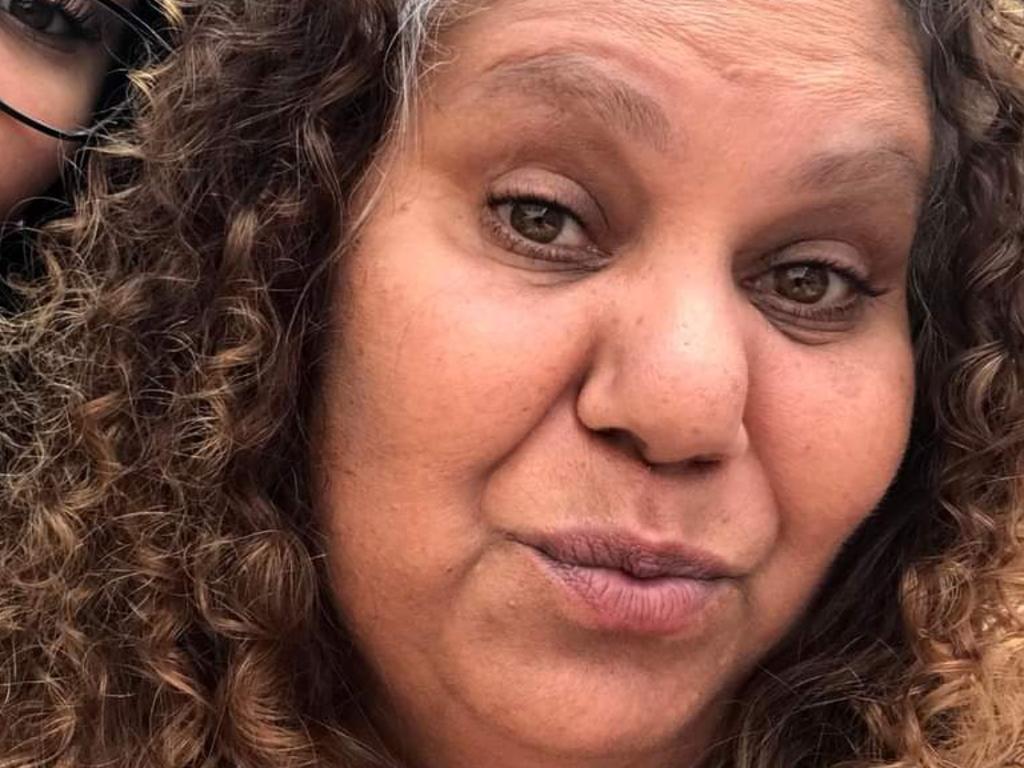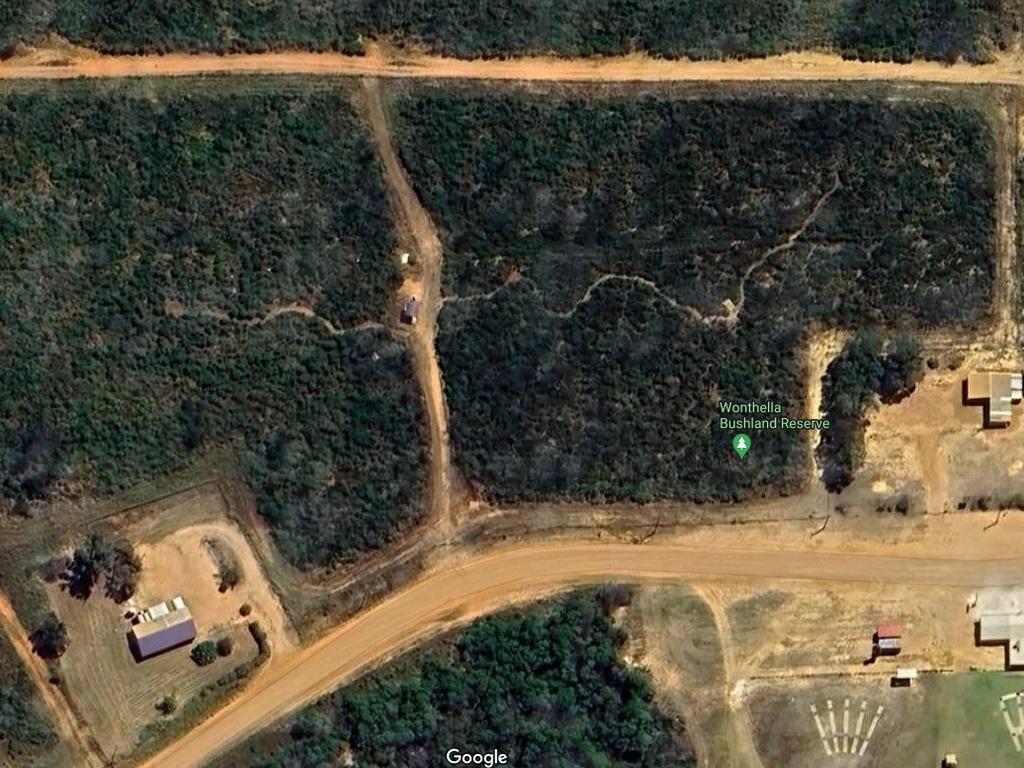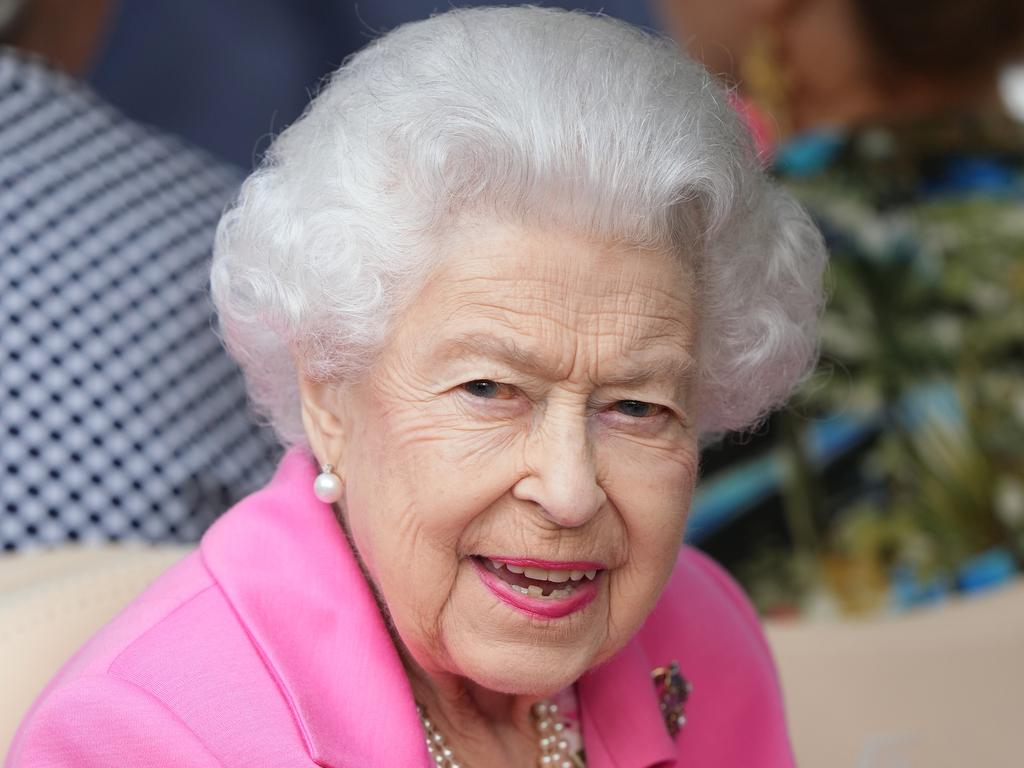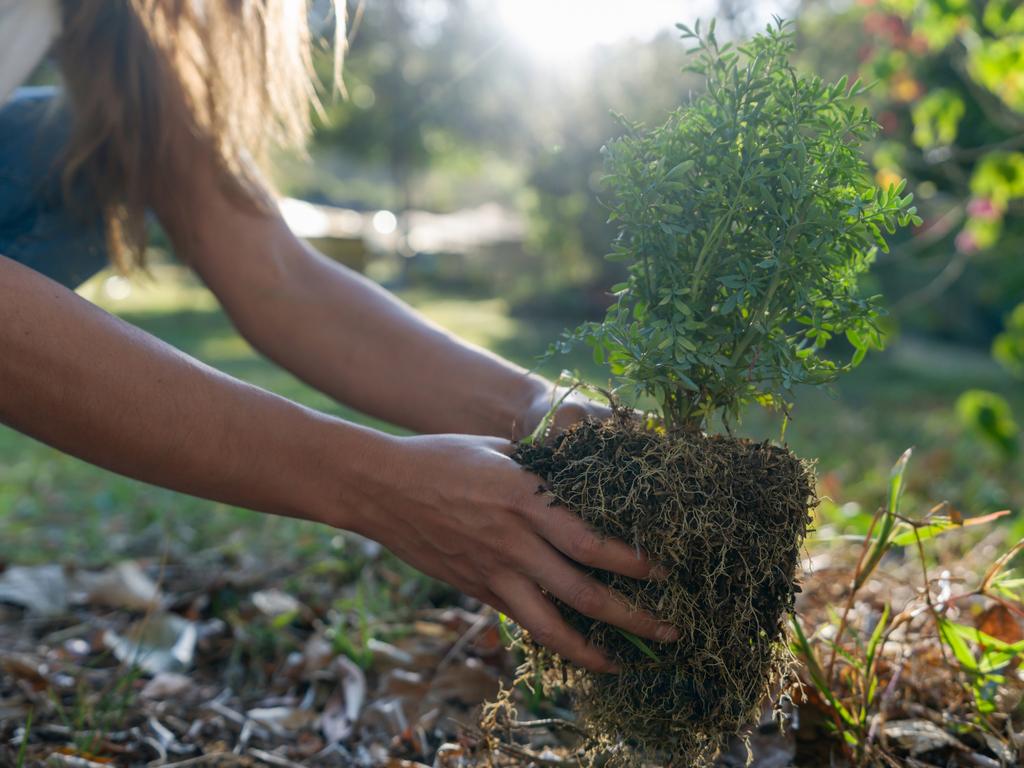Aboriginal elder says tree planting event was shut down because it honoured Queen Elizabeth
An Aboriginal elder has revealed the real reason her family stepped in to shut down a community tree planting event over the weekend.
An Aboriginal elder from Western Australia has revealed that her family stepped in to shut down a community tree planting event over the weekend because it honoured the late Queen Elizabeth II, denying the state’s controversial new cultural heritage laws were to blame.
City of Greater Geraldton Mayor Shane Van Styn claimed in a Facebook post on Sunday that the tree planting event at Wonthella Bushland Reserve had been called off after a “respected local knowledge holder shut down proceedings on the basis of ground disturbance and the new Aboriginal Cultural Heritage Act and the ‘significance’ of the site to the family”.
Mr Van Styn said organisers “complied with the directive to stop” despite having checked the online map “for any Aboriginal heritage, of which there was none” beforehand.
He said it was “the first use of power of entry and stoppage we are aware of under the Act” but added there was “some confusion now in play” as the person who gave the order was not “technically an official Aboriginal Inspector under the Act as no [Local Aboriginal Cultural Heritage Service] has yet been created to appoint them as such”.
But the state government insisted the new laws, which came into effect on July 1 and have been the subject of widespread confusion and concern, contain no provision for works to be disrupted and said it would look into the incident.
Have you been affected by the new cultural heritage laws? Contact the author at frank.chung@news.com.au

‘She didn’t walk this land’
Speaking to the ABC on Monday, Nhanhagardi and Wajarri woman Donna Ronan said her family were disappointed they had not been consulted about the decision to honour the late monarch on what is a significant site to them.
The council had installed a plaque honouring Queen Elizabeth II’s Jubilee at the reserve, where around 25 community volunteers gathered to plant trees as part of restoration efforts after a deliberately lit fire last year “ravaged” the area.
“That lady didn’t walk this country, she didn’t walk this land,” Ms Ronan said. “Why are we actually acknowledging her when there are people who come from this area that should be recognised for it?”
Ms Ronan disputed the Mayor’s claim that the Aboriginal Cultural Heritage Act had been invoked to shut down the event. “I don’t really know the intention of the new laws,” she said. “I suppose with this event happening, I will definitely educate myself a bit more on the matter.”
She told the ABC that the land was significant to her family because her great-great-grandfather had shared a market garden there in the mid-1900s, and that the non-Aboriginal co-owner’s role had been recognised but her forefather’s had not.

“It was the fact that my great-great-grandfather was part of this land and worked on it,” she said. “That was the whole reason that I came, because I felt he was not being recognised for his work and they were acknowledging somebody who has never been here.”
Mr Van Styn told the broadcaster that while the request to stop may not have specifically cited the Act, language such as “ground disturbance” and “knowledge holders” was used in the legislation.
“Everyone agrees that Aboriginal cultural heritage sites should be protected and we’re all on board with that, however, rushing in such legislation, without any of the systems that legislation refers to, it’s only going to cause confusion,” he said. “In this instance, something as simple as a tree planting at a reserve that needed revegetation.”
But Ms Ronan said she had no issue with “ground disturbance”. “It wasn’t so much against the planting of the trees,” she said. “It was more so the naming of it and whether there had been consultation, because it was the first I’d heard of it.”

‘Time to pay the rent!’
In a Facebook post earlier this year, Ms Ronan called for a “treaty” and echoed suggestions from prominent Voice campaigners that non-Indigenous Australians should “pay the rent”.
“Treaty yeah! Treaty now! Time to pay the rent!” she wrote on February 2.
“Australia has a very young history. Generational trauma can take up to seven generations for an Aboriginal nation to heal. There is no quick fix here! Thousands of years of our country with our own lore and governance versus 200-plus of a British invasion! Massacre sites in our Geraldton, Dongara areas, large mass of bone fragments just out Coronation and all over this rich beautiful country of ours. Maybe one day our land will be given back to us then maybe the healing can begin.”
It comes after leading ‘Yes’ campaigner Thomas Mayo shared his vision for a new life if the Indigenous Voice to Parliament passes at the upcoming referendum, in a series of unearthed tweets from 2020.

Mr Mayo said a “Blak rep body” enshrined in the Constitution — as called for in the Uluru Statement — would have the “resources and structure needed to unite on the priorities we collectively determine”.
“Reparations, land back, abolishing harmful colonial institutions, getting ALL our kids out of prisons and into care, respect and integration of our laws and lore, speaking language, wages back — all the things we imagine when we demand,” he wrote.
In response to someone calling for non-Indigenous Australians to “pay rent”, Mr Mayo said the way to do this was through a constitutionally enshrined representative body “that the politicians cannot ignore”.
“Paying the rent must be more than your donations to struggling mob — which is important. It must be negotiated with the Commonwealth: reparations, land back etc,” he said.

Laws not to blame
Responding to the tree planting controversy, WA Premier Roger Cook told the ABC on Monday the works “that were anticipated by the City of Geraldton on the weekend could not have been stopped by the Aboriginal Cultural Heritage Act”.
“My understanding is that the City of Geraldton officials took respectful action to ensure they didn’t further escalate the situation because of the association with the Queen, not because of Aboriginal cultural heritage issues,” he said.
But Mr Van Styn has hit back, telling news.com.au on Tuesday that he was “flabbergasted” at the statements from Mr Cook and Aboriginal Affairs Minister Tony Buti.
“The Act explicitly states, and particularly with no LACHS being created, that before any ground disturbance works occur you are required to go online and see if any local knowledge holders have any concerns about any Aboriginal cultural heritage,” he said.
“The Act and the guidelines are crystal clear that Aboriginal cultural heritage changes over time, is constantly evolving and will be determined ultimately by the LACHS. We absolutely recognise the Ronan family as a local knowledge holding family, and they had raised it was of important cultural significance to them. We are obliged to stop under the law.”

He added their comments were “proof that the government has not read the legislation it rammed through parliament, and it’s disturbing that we now have a Premier and a Minister saying that we should have disregarded the concerns of local knowledge holders and proceeded”.
“Nobody knows when the LACHS will be created or in which form they’ll be created, there is no clear pathway,” he said. “In the interim, as per the departmental guidelines, we are to consult the local knowledge holders. When a local knowledge holder is standing on site saying ‘stop’, that’s a pretty clear direction.”
The Mayor said “subsequent talks” with the Ronan family had “revealed their concerns were over its affiliation with the Queen and the impact of colonisation on their people”.
He said he “would like to think we could go ahead with the tree planting” but the plaque honouring the Queen was required as part of the federal government grant that provided the trees, so it was an issue they had “yet to work through”.
State Liberal leader Libby Mettam told 9 News on Sunday, “The only thing that is clear is that this has been a botched process from the start.”
Federal Liberal MP Melissa Price, who represents the large WA electorate of Durack, was invited to attend the event “to help with the planting of the trees”. “Although disappointed that didn’t occur, everyone was respectful,” she wrote on Facebook.
“As we had predicted, the new Aboriginal Cultural Heritage laws have created much uncertainty. I feel particularly bad for Friends of Geraldton Gardens (our wonderful volunteers) who now care for the Wonthella Bushland Reserve and were ready to plant the trees today. Let’s hope this matter gets resolved quickly.”

Following widespread backlash from farmers and landholders, upset over what they said was the rushed implementation and lack of clarity on the regulations, the state government late last month announced it would delay compliance penalties for a year in favour of an “education-first” policy.
Under the new laws, penalties for damaging a cultural heritage site range from $25,000 to $1 million for individuals and $250,000 to $10 million for corporations, as well as jail time.
Opposition lands spokesman Neil Thomson had repeatedly called for a delay to the July 1 start date.
“People are worried about their future and fear being bound up in red tape which could require permits for things such as putting a new fence in, digging a dam or removing noxious vegetation,” he told WAToday last month.
“Farmers, pastoralists, and companies that provide services such as plumbing and civil contracting are all trying to work out the implications, as are hobby farmers around the metropolitan area that are deeply concerned about what they will be allowed to do on their land, without a permit.”






